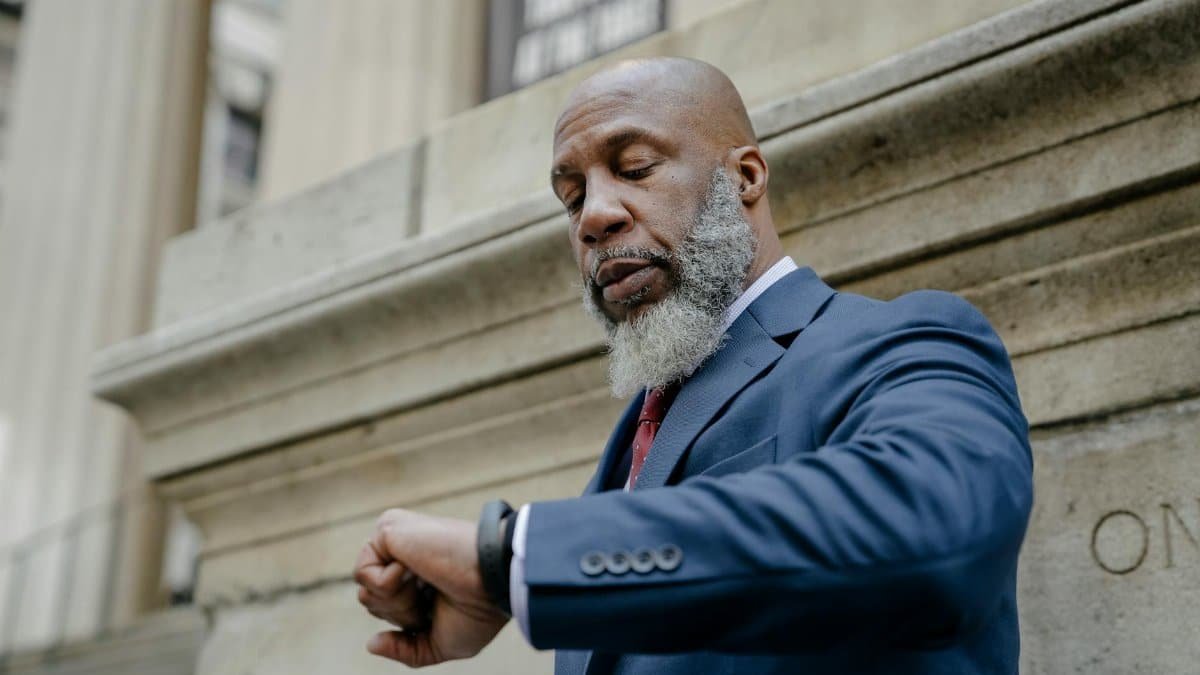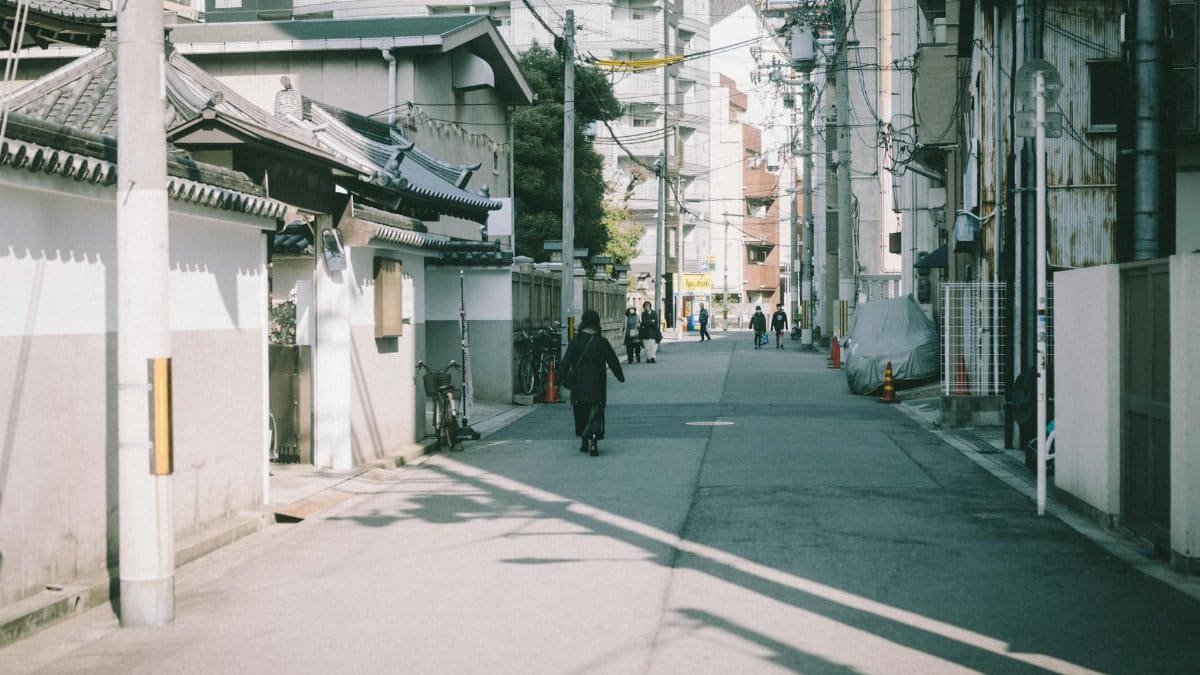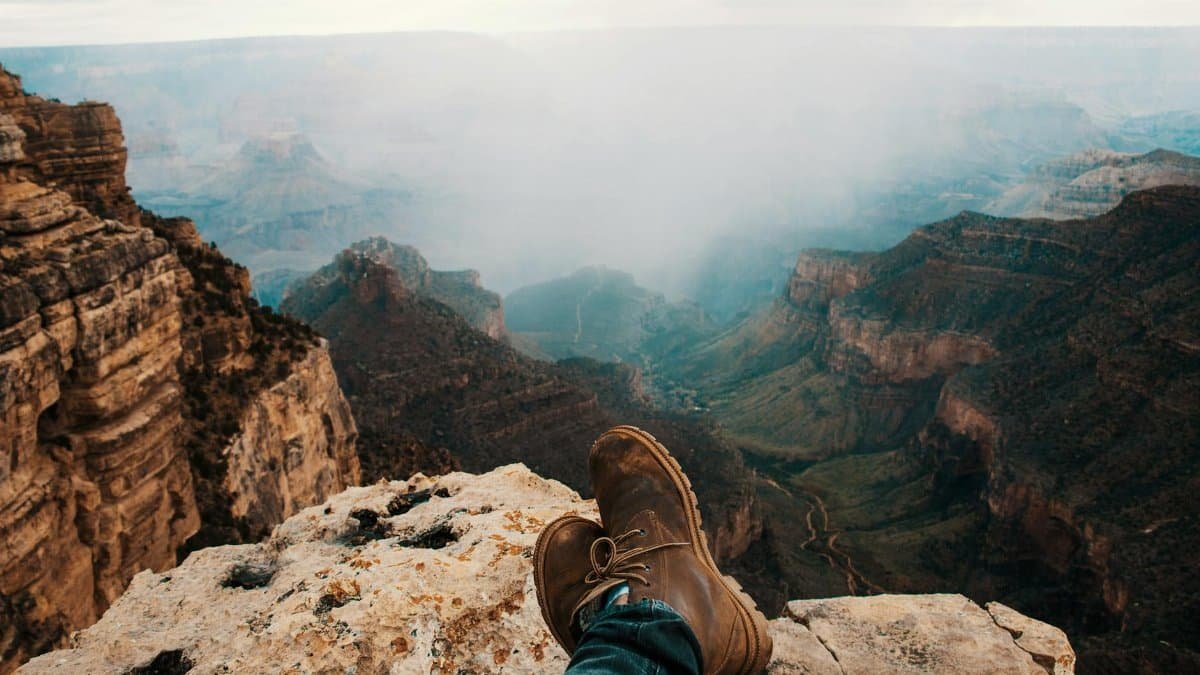Imagine standing at the edge of a bustling airport terminal, the hum of announcements and rolling suitcases filling the air. Amid the chaos, a small group of travelers sits quietly, eyes closed, breathing deeply as they await their flight. This scene, increasingly common across the U.S., captures a growing movement: mindful travel stress-free trips. More Americans are seeking ways to transform journeys—often fraught with delays, crowds, and uncertainty—into opportunities for calm and presence. It’s not just about reaching a destination; it’s about how you feel along the way. As travel rebounds to pre-pandemic levels in 2025, with millions hitting the roads and skies, the need for intentional, stress-free approaches has never been clearer. What if the secret to a better trip lies not in perfect plans, but in a mindful mindset? Let’s unpack 10 practical tips to make your next journey a source of peace, not pressure.
1. Start with a Pre-Trip Intention

Before tossing clothes into a suitcase, pause. Ask yourself: What do I want from this trip? Maybe it’s rest after a grueling work year, or a chance to connect with family. Setting a clear intention shifts your focus from logistics to purpose. A 2023 study from the American Psychological Association found that travelers who set mindful goals reported lower stress levels, even when plans went awry. Write down one or two intentions—keep it simple. Stick the note in your wallet or phone case as a reminder. This small act can anchor you when a delayed flight or wrong turn threatens to derail your mood.
Take Sarah, a 45-year-old teacher from Ohio, who shared her ritual of jotting down “be present with my kids” before a family vacation. When traffic jams hit, she glanced at her note and chose to laugh with her children instead of fume. It’s not magic; it’s a mental reset.
2. Pack with Purpose, Not Panic

Packing often feels like preparing for every possible disaster. But overstuffing bags creates literal and mental weight. Mindful packing means asking: What do I truly need? Lay out essentials first—medication, a versatile outfit, a book for downtime. Leave room for spontaneity; you don’t need six pairs of shoes for a weekend getaway. Research from the Consumer Reports Travel Guide suggests that lighter luggage correlates with less physical strain and more mental ease. Roll your clothes to save space, and pack a small “calm kit”—think earplugs, a lavender sachet, or a favorite photo. These items ground you when hotel rooms feel sterile or flights stretch endlessly.
3. Build Buffer Time into Plans

Rushing breeds stress. A missed connection or a slow security line can unravel even the best-laid plans. Build buffers—extra hours at the airport, a free afternoon on your itinerary. This isn’t wasted time; it’s breathing room. A report by the Transportation Security Administration noted that peak travel times in 2025 are seeing record crowds, with wait times spiking unpredictably. Arriving early might mean sipping coffee while people-watching instead of sprinting to a gate. One traveler recalled missing a train by minutes, only to find the extra hour waiting led to a meaningful chat with a stranger. Buffers turn potential chaos into unexpected gifts.
4. Practice Micro-Meditations on the Go

You don’t need a silent retreat to meditate. Micro-meditations—short bursts of focused breathing—fit into any travel moment. Stuck in traffic? Take five deep breaths, noticing the rise and fall of your chest. Waiting at baggage claim? Close your eyes for 30 seconds and tune into the sounds around you. The National Institutes of Health highlights that even brief mindfulness exercises can lower cortisol levels, the body’s stress hormone. It’s not about escaping reality; it’s about staying grounded within it. Apps like Calm or Headspace offer quick guided sessions, but even counting breaths silently works. Try it next time a delay tests your patience.
5. Savor One Moment per Day

Travel often becomes a checklist—see this, eat that, snap a photo. But rushing through experiences leaves little room for joy. Commit to savoring one moment daily. Maybe it’s the warmth of morning sun on a hotel balcony, or the taste of a local pastry. Slow down. Notice the details. Studies cited by the Psychology Today blog show that savoring boosts positive emotions, countering travel fatigue. A middle-aged couple from Texas described pausing during a hectic city tour to watch street musicians, a memory that outshone any museum. These moments don’t cost extra, but they enrich the journey immeasurably.
6. Limit Digital Overload

Smartphones are travel lifelines—maps, tickets, updates. Yet constant notifications shatter focus. Mindful travel stress-free trips require boundaries. Turn off non-essential alerts. Check social media once a day, if at all. A Pew Research survey from 2023 found that 64% of Americans feel overwhelmed by digital overload during travel, craving disconnection. Designate tech-free hours, especially during meals or scenic drives. One online account shared how leaving the phone in a hotel safe for a day led to noticing small wonders—a child’s laugh, a hidden alley. The world doesn’t vanish without your screen; it often becomes clearer.
This isn’t about abandoning technology. It’s balance. Use it for navigation, then tuck it away to truly see where you are.
7. Embrace Flexibility Over Perfection

Plans fall apart. A storm cancels a beach day; a restaurant reservation gets lost. Clinging to perfection fuels frustration. Instead, lean into flexibility. Ask: What else can I discover? A mindset shift turns setbacks into detours. Researchers at the American Psychological Association note that adaptability reduces travel-related anxiety significantly. Picture a family whose museum tickets fell through, only to stumble upon a free local festival. They laughed more than they would have in any gallery. When things go sideways, take a breath. Look around. The unplanned often holds the best stories.
8. Connect with Locals Mindfully

Tourist traps can feel hollow. Real connection—with people, not just places—adds depth. Approach locals with curiosity, not demands. A simple “What’s your favorite spot here?” can open doors. Be present in the exchange; don’t just fish for tips. Research from the Pew Research Center shows that travelers who engage authentically with communities report higher trip satisfaction. One traveler recalled a brief chat with a café owner in a small town, learning about a hidden trail no guidebook mentioned. Listen more than you speak. These fleeting bonds remind you travel isn’t just about seeing—it’s about feeling part of somewhere new.
9. Prioritize Rest, Not Just Adventure

Cramming every hour with activity is a recipe for burnout. Rest isn’t lazy; it’s essential. Schedule downtime—whether it’s a nap after a long flight or a quiet evening with a book. The body and mind need recovery to process new experiences. A study supported by the Centers for Disease Control and Prevention underscores that inadequate rest during travel heightens stress and impairs decision-making. Resist the urge to “power through.” A rested traveler notices more, snaps less, and enjoys deeper. Think of rest as part of the adventure, not a detour from it.
10. Reflect on the Journey’s End

When the trip wraps up, don’t just unpack your bags and move on. Take 10 minutes to reflect. What surprised you? What challenged you? Jot down a few thoughts or share them with a friend. This practice, often overlooked, cements the value of mindful travel stress-free trips. It’s not about reliving every detail but recognizing what mattered. A 2024 report from the National Institutes of Health suggests that post-trip reflection enhances emotional well-being and memory retention. One woman described scribbling about a quiet sunrise she’d nearly forgotten, realizing it was her trip’s true highlight. Reflection turns fleeting moments into lasting lessons, closing the loop on a journey well-traveled.
Travel in 2025 doesn’t have to mean stress. With these 10 mindful travel tips, the journey can become as rewarding as the destination. It’s about small shifts—breathing deeper, planning smarter, staying open. Next time you pack a bag or board a plane, carry these ideas alongside your essentials. They weigh nothing, but they might just lighten the load.
